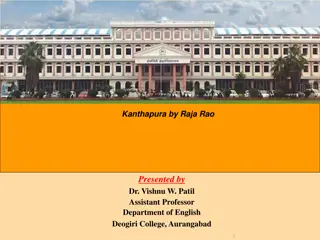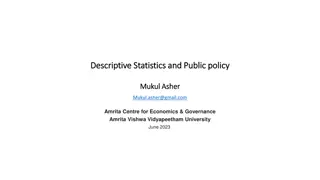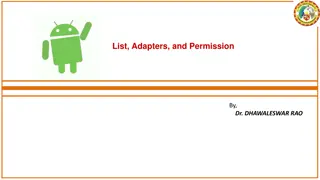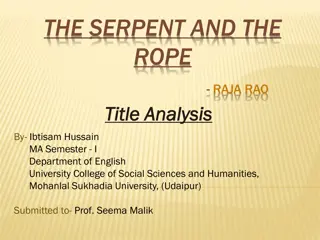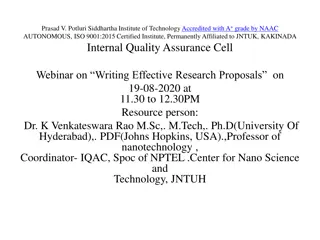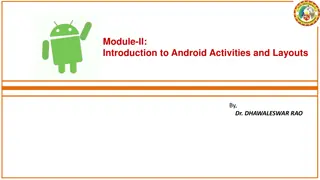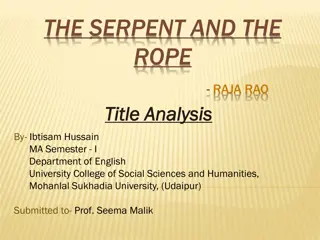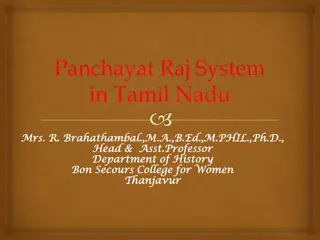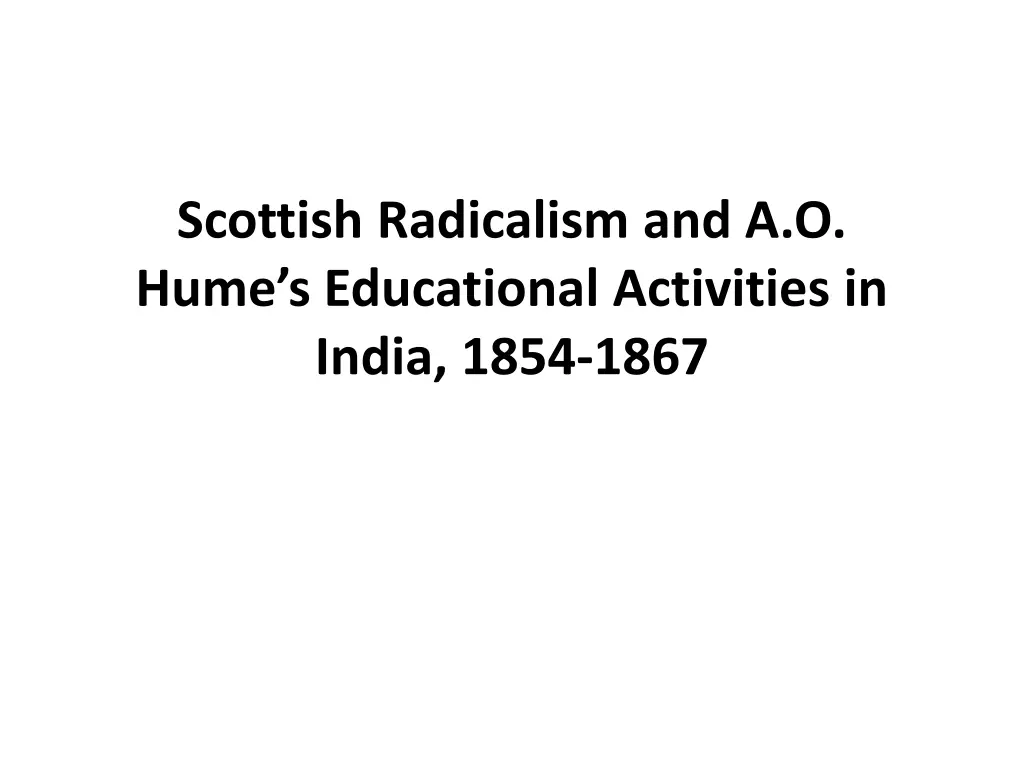
Scottish Radicalism and A.O. Hume's Educational Activities in India
Explore the impact of Scottish radicalism through A.O. Hume's educational initiatives in India from 1854 to 1867, focusing on his efforts to promote education and empower Indian youth despite challenges and setbacks.
Download Presentation

Please find below an Image/Link to download the presentation.
The content on the website is provided AS IS for your information and personal use only. It may not be sold, licensed, or shared on other websites without obtaining consent from the author. If you encounter any issues during the download, it is possible that the publisher has removed the file from their server.
You are allowed to download the files provided on this website for personal or commercial use, subject to the condition that they are used lawfully. All files are the property of their respective owners.
The content on the website is provided AS IS for your information and personal use only. It may not be sold, licensed, or shared on other websites without obtaining consent from the author.
E N D
Presentation Transcript
Scottish Radicalism and A.O. Hume s Educational Activities in India, 1854-1867
Allan Octavian Hume (1829-1912) son of Joseph Hume (1777-1855) Radical Scottish MP (1812-1855) Joseph Hume-Freedom of Press in India in 1820s Joseph Hume - Direct representations to Indians in British Parliament in 1831 A.O. Hume Freedom of Press, Agrarian reforms, administrative reforms Born and raised in London but identified with Scottish radicalism/ Scottish school system I still clings to the political creed of my father. Like my father before me, I am a radical
Allen Octavian Hume He talked of Muir and Palmer, our Scottish Martyrs, and their ideas of rights of subjects and the duties of rulers, and the supremacy of the claims of the masses over the privileges of the classes. In India he started a Hindi journal called Prijahit citizen s welfare Scottish School System - I will put within the reach of every talented lad, however poor, the attainment of a first rate education. Hume came to India in 1849 stayed till 1894 Civil Servant 1849-1880, Political Activist 1880-1894 One of the founders of the Indian National Congress in 1885
Etawah District 1854-67 Henry Stuart Reid 1852 people are uncivilised and superstitious Schools cannot be established in Etawah as people thought that the children in schools would be offered up as a propitiatory sacrifice, after the completion of Ganga canal Hume 1854- unprecedented enthusiasm for education People paid voluntary contribution 32 schools in 2 months 181 schools within a year/7000 boys Central English School at Etawah, which also acted teacher training school
All Indian School Committees Boys from almost all castes attended the schools. Hume personally visited every school once a year and evaluated the performance of the students. During Revolt of 1857, when there was no British administration for over a year, people maintained schools by paying salaries to teachers. During 1854-61, people contributed 72,000 rupees in cash and more than 50,000 rupees in labour for schools. 1854-61, Etawah district had highest no of boys of school going age in schools in the entire province
1861 Hume left for England on sick leave H.S Reid ordered an enquiry, conducted it in the first week of January, extreme cold foggy weather, found 50% attendance Children were examined in History, Geography, and Cube- Root in Decimals declared the schools as failure. The school curriculum consisted of Reading, Writing, Arithmetic up to Compound Interest and Double Rules of Three. Schools were closed down, Hume was transferred out of the district/ Hume gave all his savings 7,000 rupees to Central English School Hume was never appointed again to a position that had direct contact with people







